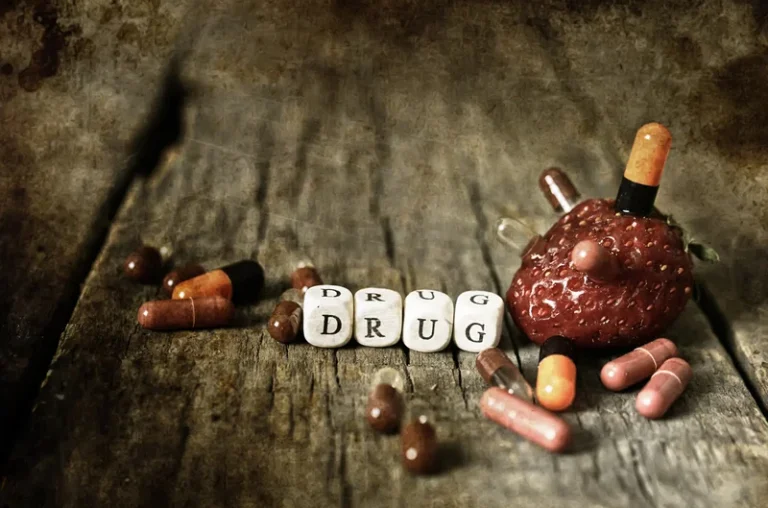
You may be underestimating how much you drink because you (or your generous friend) aren’t using standard measurements. For example, senior citizens are particularly vulnerable to alcohol because of age-related changes to their bodies. Older people experience a decrease in body water, loss of muscle tissue and decreased metabolism — all of which affects alcohol absorption. Women also tend to have a higher percentage of body fat and a lower percentage of water, which influences intoxication and the length of time it takes to get alcohol out of their system. Women who drink their normal amount of alcohol prior to menstruation will experience higher BACs than they otherwise would. The liver breaks down most of the alcohol, though the substance also passes through the kidneys, urine, skin and lungs.

What Is the Fastest Way to Eliminate Alcohol?
The liver breaks down most consumed alcohol, eliminating 95% of it from the body. Two enzymes do most of this work, and the most important is Alcohol Dehydrogenase (ADH). Remember, the healthier your liver is, the faster it will process alcohol and help you reach sobriety. If you have been drinking, green tea is an excellent way to preserve your liver and counter the symptoms of intoxication.

What Is a Detox for Your Body?
That’s why many of us wonder if a month of avoiding drinking is enough to “reset” your liver back to normal. It’s true that taking a break from alcohol for any amount of time will be beneficial overall, with some research showing that liver function begins to improve in as little as two to three weeks. But a full detox is needed for the most benefit, and how much time that takes depends on a variety of personal factors.
How Does the Body Remove Alcohol?
Your liver will metabolize alcohol at its own pace, and these choices can complement the natural detoxification process. This metabolic process is relatively constant, with the liver able to process about one standard drink per hour for an average person. However, this rate can vary based on several factors, including age, gender, liver health, and whether other drugs or medications are present. Sugar, salt, and processed foods might be hard to avoid, but they can play a role in inflammation. New research has found that psilocybin reduces alcohol consumption in rats by altering the left nucleus accumbens in the brain.
Cirrhosis of the Liver

Though not true for everyone, alcohol tends to stay in a woman’s system for longer than a man’s. This is because women tend to have a higher percentage of body fat and a lower percentage of body water than men. Having more than that overloads your system with more booze than it can process at once, which is what ultimately causes you to feel drunk and sends your BAC over the legal limit. It’s important to know that no amount of alcohol is considered safe to drink if you’re breastfeeding.
When alcohol enters your stomach, it’s quickly absorbed into your bloodstream through your stomach lining and small intestine. If someone you know has been drinking heavily, try to keep them upright for a few hours. Place them on their side instead of their back if they need to lie down.
- It’s important to know that no amount of alcohol is considered safe to drink if you’re breastfeeding.
- Some prescribe buprenorphine, a narcotic that eases the symptoms of opioid withdrawal without making users feel “high.” Talk to your doctor about whether hospital detox would be right for you.
- Spacing out your drinks allows your liver time to break down the alcohol.
- You can also enhance your body’s natural detoxifying process by drinking plenty of water, getting quality sleep, and exercising regularly.
- The main downside of outpatient programs is that they don’t provide 24/7 support and monitoring.
- The severity of the short-term effects of alcohol depends on how much you’ve had to drink.
How Is Alcohol Metabolized by the Body?
- “Impairment” means an inability to practice with reasonable safety and skill as a result of alcohol or drug abuse, dependency, or addiction, or any mental or physical disorder or disability.
- Your liver processes alcohol at the rate of one drink per hour, according to the National Institute on Alcohol Abuse and Alcoholism (NIAAA).
- You’ll need less as you get older, but six to seven hours is a good place to start, says Dr. Bayard.
- In North America, most chiggers are from the Trombicula genus, especially the T.
- Alcohol can be detected in the hair for around 90 days after an alcoholic drink was consumed.
It is possible to get treatment and live a healthier life with a better relationship with alcohol. To avoid these symptoms, seek help at an alcohol detoxification program. There, healthcare providers how to get rid of alcohol in system will help you slowly and safely stop drinking alcohol while closely monitoring your physical and mental health. If you’re a heavy drinker, you may need to wean off alcohol to let your body adjust.
So for example, if you have 5 drinks, it will take your body approximately 5 hours to process the alcohol. Genetic, environmental, and physical and mental health factors control alcohol metabolism and elevate your blood alcohol content — the percentage of alcohol in the blood. When the substance enters the bloodstream, it affects all major organs in your body, including the heart and brain. That’s why heavy drinking can cause a variety of alcohol-related diseases and disorders. Typically, the body processes one standard drink per hour, give or take, depending on things like your sex, body fat percentage, and if there was food in your stomach when you drank the alcohol. NBC News spoke to eight nutritionists and doctors about the risks and supposed benefits of alcohol.
A good gargle with mouthwash can definitely help mask the smell of booze on your breath temporarily. If time’s not on your side and you’ve got a business meeting — or smooching — on your agenda, there are some temporary fixes you can try. Mark S. Gold, M.D., is a pioneering researcher, professor, and chairman of psychiatry at Yale, the University of Florida, and Washington University in St Louis.